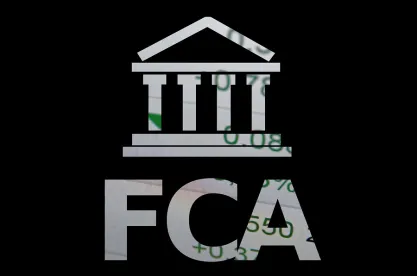The High Court ruled yesterday in favour of the Financial Conduct Authority (“FCA“) on what the FCA describes as the “majority of the key issues” in its test case on insurance cover for business interruption (“BI“) losses incurred during the COVID-19 pandemic and subsequent Government imposed lockdown.
The decision means that insurers may now have to pay out on hundreds of thousands of BI claims to businesses that previously had their claims declined by insurers.
But some commentators have warned that it may still take some time for policyholders to get their claim money. There is the prospect of an appeal by the insurers in the test case, possibly directly to the Supreme Court. And that could take months even if the process was expedited. We wait to see whether, in the meantime, the FCA might intervene and order insurers to make interim payments to policyholders whilst any appeal proceeds.
BI insurance summary; a reminder
As readers will recall we have been following BI related insurance issues on the blog since March when policy coverage first became an issue and then in the run up to the FCA test case.
But as a reminder, BI insurance generally provides cover for losses resulting from damage to physical property (e.g. following a fire). Many policies also provide specific extensions to cover losses that do not necessarily relate to physical damage of business premises (e.g a notifiable disease, such as COVID-19). The latter is what the FCA test case focussed on.
The particular wording of each policy determines how an insured’s losses should be quantified, including taking account of any circumstances that would have contributed to the loss whether or not the insured peril occurred. The High Court also considered how this operates.
Highlights of High Court judgment
‘Disease’ clauses:
The insurers essentially argued that the relevant extensions to BI policies only provided cover for localised occurrences of a disease, not a nationwide lockdown. This is because the policies covered stated outbreaks either within, for example, 25 miles; 1 mile; the “vicinity” of the premises; or the insured location.
The FCA argued that the causal test for the loss would be satisfied where there was an outbreak in the local area even where it formed part of an indivisible whole.
The High Court agreed with the FCA.
Importantly for the Court, none of the policy wordings expressly stated that the disease should only occur within the local area. The Court stated that its finding was also consistent with the nature of a notifiable disease to which the policies referred, because a disease that is notifiable is generally one capable of widespread/national dissemination.
‘Other circumstances’/’Trends’ clauses:
Similarly, the insurers sought a narrow definition of the’ insured peril’ within a policy as a local occurrence, to the exclusion of the other effects of the pandemic (e.g. national lockdown). This would of course result in the cover available to insureds being negligible.
The High Court distinguished the FCA test case from the controversial decision in Orient Express Hotels Ltd v Assicurazioni Generali SpA [2010] EWHC 1186 (Comm), which the insurers had sought to heavily rely on. In fact, the High Court stated that it considers that the case was wrongly decided (which may have wider implications for future BI related litigation).
If the insurers’ argument were to succeed, it would result in the nonsensical result that the more serious the occurrence of the insured peril, the less cover was available.
Comment
The judgment does not of course determine each and every COVID-19 related BI insurance claims or cover all possible policy coverage disputes (there will different facts and slightly different wordings at play). But it does, as the FCA hoped, provide some clear guidance on some key issues.
Many expect the insurers to appeal but this has not yet been confirmed, as they have a 162 page judgment to consider first. If they decide to do so, it could be a ‘leapfrog’ appeal straight to the Supreme Court, as the parties have previously agreed it could be expedited, given the importance of the matter for so many policyholders.





 />i
/>i
